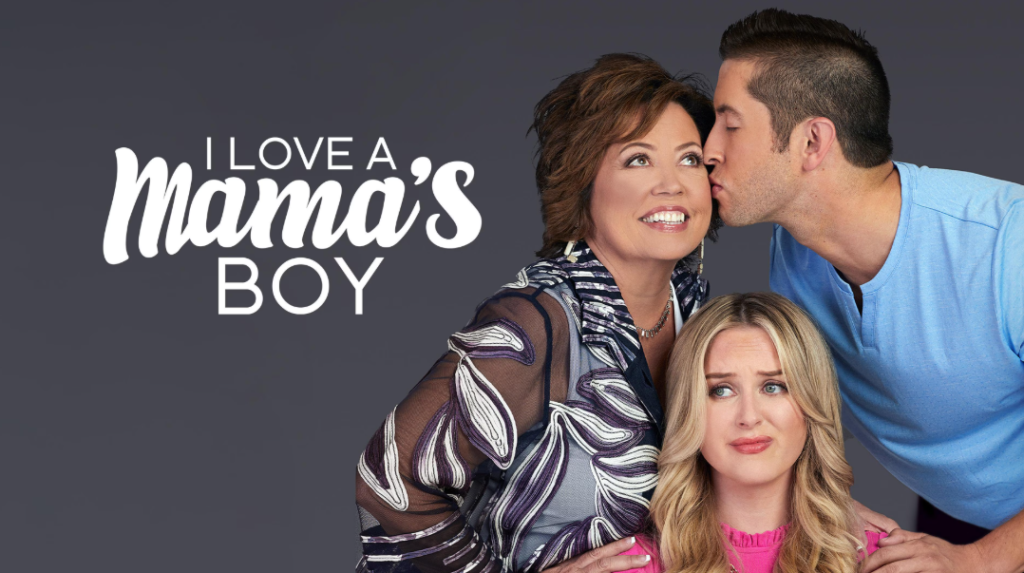
The reality series I Love a Mama’s Boy dramatizes a compelling yet often uncomfortable dynamic: the blurred boundaries between adult sons and their overly involved mothers. From the moment the show begins, it draws viewers into a world where romantic relationships must constantly compete with deep, sometimes suffocating maternal bonds. As the episodes unfold, the camera captures not only the affection and loyalty these men have for their mothers but also the tension and frustration this closeness creates for their girlfriends or wives. Rather than presenting isolated moments, the show weaves together small acts of interference—like mothers offering unsolicited advice, controlling household decisions, or even physically feeding their grown sons—into a continuous pattern that underscores the central conflict. Because of this, the tension between love and control becomes impossible to ignore, and the audience begins to wonder where the line between caring and overbearing truly lies.

As the narrative develops, it becomes clear that this isn’t simply a matter of quirky family dynamics but a reflection of deeper psychological patterns. In many cases, the sons’ dependence—whether emotional, financial, or social—on their mothers prevents them from fully embracing adult independence. This ongoing reliance is shown not only in everyday interactions but also in pivotal life decisions, such as choosing a partner, moving in together, or planning a wedding. As these choices are influenced—or even overruled—by mothers who expect to remain the central figure in their sons’ lives, the partners are left struggling to set boundaries. Consequently, the show does more than entertain; it sparks conversations about healthy attachment, the importance of personal autonomy, and the consequences of enmeshment in adult relationships.
While the subject matter is serious, the tone often shifts toward the comedic or sensational, which keeps viewers engaged. Through exaggerated scenarios, TLC amplifies the drama to the point where many scenes feel like a blend of genuine emotional conflict and cringe-worthy entertainment. This combination makes the show strangely addictive: one moment viewers empathize with a partner trying to reclaim space in a relationship, and the next they can’t help but laugh—or gasp—at the absurdity of a mother sabotaging an engagement or insisting on joining a couple’s vacation. As the season progresses, each storyline becomes a test of whether the son will prioritize his romantic partner or remain anchored to the comfort and control of his mother’s influence.
By the time the credits roll, I Love a Mama’s Boy has done more than showcase personal drama; it has offered a lens into how love, loyalty, and identity are negotiated within families. The seamless mix of emotional honesty and heightened reality TV theatrics keeps audiences both entertained and reflective, prompting them to consider where they themselves might draw the line between unconditional love and unhealthy attachment. In this way, the series becomes not just a portrait of extreme relationships but also a mirror, challenging viewers to think about their own boundaries, loyalties, and the price of maintaining—or breaking—them.